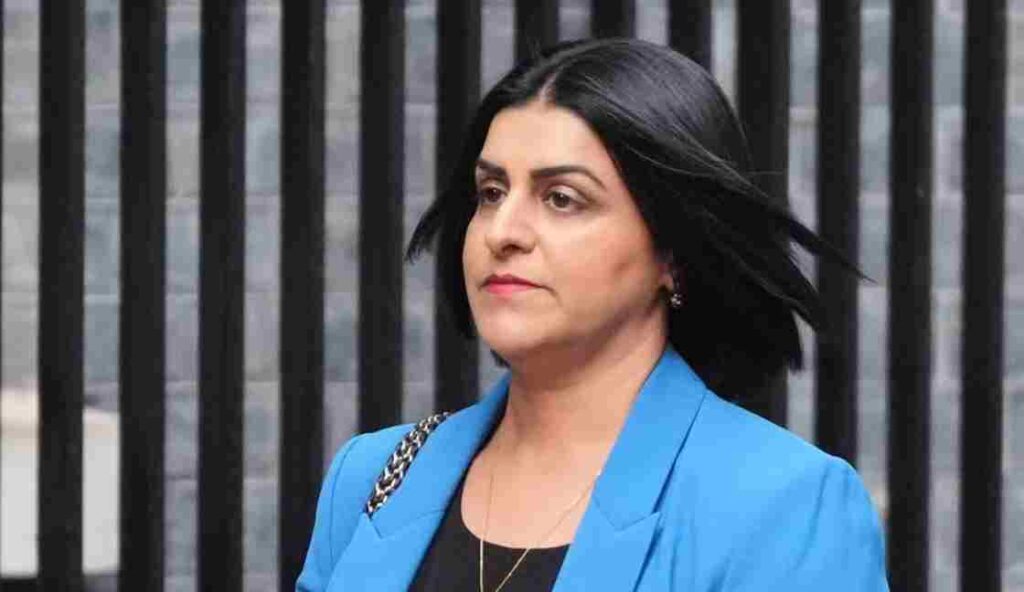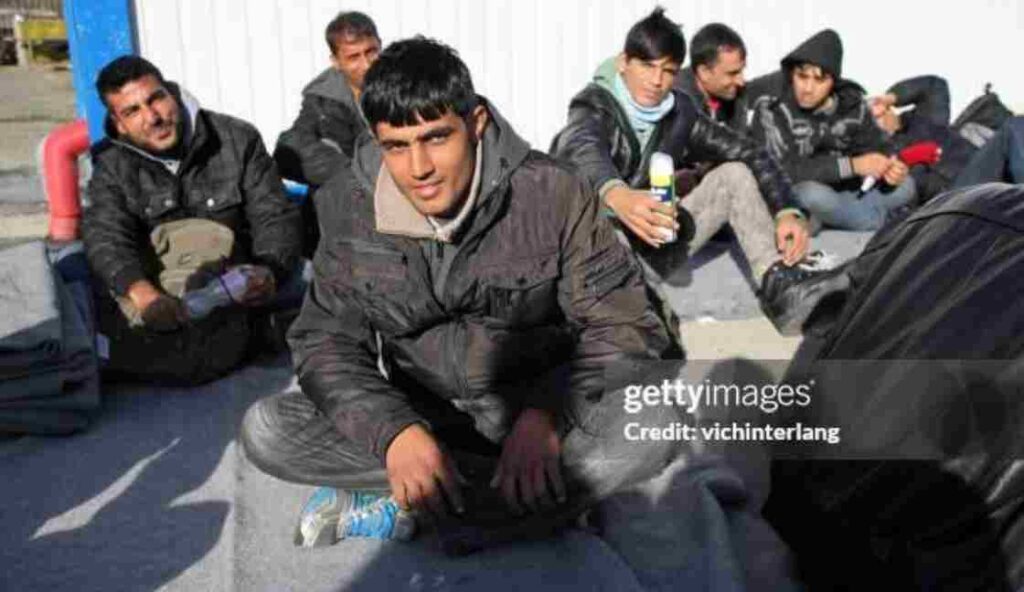Government Responds to BBC Investigation Revealing 250-Mile Medical Trips
Home Secretary Shabana Mahmood has demanded an urgent probe into the use of taxis to transport asylum seekers from their accommodation to medical appointments, following revelations that some journeys span up to 250 miles at costs of hundreds of pounds per trip.

Ministers Question Necessity of Long-Distance Travel
Work and Pensions Secretary Pat McFadden acknowledged public concerns about the practice, telling BBC Radio 4’s Today programme: “I’m not surprised that that was a feature that caught people’s eye, and the Home Office are looking at that and I think they should look at it. I think a lot of your listeners will quite rightly ask, why should people be taken around in taxis?”
BBC Investigation Uncovers Expensive Medical Transport System
The BBC’s investigation revealed significant gaps in government oversight, with the Home Office unable to provide total spending figures on taxi services for asylum seekers when requested through Freedom of Information laws. Officials confirmed that taxi rates are set through contracts based on per-person, per-mile calculations rather than standard meter rates.
Case Study: £600 Journey for Knee Consultation
One asylum seeker reported taking a 250-mile taxi journey for a GP knee check-up, with the driver indicating the cost to the Home Office was £600. The BBC’s File on Four investigation found that asylum seekers must present proof of appointments at hotel reception desks, after which taxis are automatically booked through a centralized system that does not offer public transport or walking alternatives.
System Creates Transport Dependencies
The costly taxi arrangement stems from asylum seekers maintaining relationships with NHS doctors from previous locations when they are moved between hotels. An Iraqi asylum seeker, identified by the pseudonym Kadir, explained his frustration with the system: “Should the Home Office give me the ticket for the train? This is the easy way – and they know they spend too much money. We know as well but we don’t have any choice. It’s crazy.”

Family Accommodation Challenges
Kadir and his family, who arrived from Iraq nine years ago with two children and have since had a third, occupy two hotel rooms to accommodate their family of five. Their situation illustrates the long-term nature of some asylum cases within the hotel system.
Rising Numbers Compound Costs
Government figures show over 32,000 asylum seekers housed in taxpayer-funded hotels as of late June, representing an eight percent increase from the previous year. Officials also reported a record 111,084 asylum applications in the year to June, up 14 percent from the previous year.
Recent Incidents Heighten Public Scrutiny
The investigation comes amid increased public attention on asylum accommodation following the jailing of Ethiopian asylum seeker Hadush Gerberslasie Kebatu, 38, for sexual assaults that sparked nationwide protests at hotels in Epping, Essex, and London locations including Canary Wharf and West Drayton.
Government Commits to Reform
Housing Minister Matthew Pennycook described the BBC’s findings as confirmation that the government must accelerate efforts to end asylum hotel use. He questioned the necessity of long taxi journeys while acknowledging that asylum seekers are “not ordinary citizens just jumping on a bus.”
Proposed Solutions and Timeline
The minister outlined tightened legislation to prevent abuse of immigration rules, particularly targeting individuals who “cycle regularly” between multiple appeals. The government has already reduced asylum hotels from over 400 in summer 2023 to fewer than 210, with plans to close all remaining facilities by the end of the current Parliament.
Official Response
A Home Office spokesperson confirmed: “The Home Secretary has asked the department to urgently look into the use of taxis to transfer asylum seekers.” They emphasized that hotels are not considered a long-term solution and highlighted ongoing efforts to identify alternative accommodation in disused buildings and former military facilities.
The spokesperson added that all service providers must “uphold the highest standards in preserving the safety, security, and wellbeing of those in their care, ensuring these principles remain central to every decision made in their support.”






